International Conference on Dublin Core and Metadata Applications:
"Semantic Interoperability of Linked Data"
12-16 October 2009, Seoul, Korea
------------ --------- --------- ----
CONFERENCE THEME:
DC-2009 will focus on linked data and the enabling of the Semantic Web.
Conference participants will explore the conceptual and practical issues
in breaking the constraints of data silos and connecting pieces of data,
information, and knowledge. Metadata is a key to these processes supporting
publishing and interlinking structured data on the Semantic Web.
The basic assumption behind the concept of linked data is that the value
and usefulness of data increases the more it is interlinked with other data.
There is a growing interest in the metadata community in connecting existing
and future data contained in silos within and across organizations in a
meaningful way that supports extraction and correlation of the data. The
linking of data from disparate data silos presents technical and social
challenges that will be explored at DC-2009 through full papers, project
reports, posters, special sessions and workshops. Beyond the conference
theme, papers, reports, and poster submissions are welcome on a wide range
of metadata topics, such as:
* Metadata principles, guidelines, and best practices
* Metadata quality, normalization, and mapping
* Conceptual models and frameworks (e.g., RDF, DCAM, OAIS)
* Application profiles
* Metadata interoperability across domains, languages, and time
* Cross-domain metadata uses (e.g., recordkeeping, preservation,
institutional repositories)
* Domain metadata (e.g., for corporations, cultural memory institutions,
education, government, and scientific fields)
* Bibliographic standards (e.g., RDA, FRBR, subject headings) as Semantic
Web vocabularies
* Accessibility metadata
* Metadata for scientific data
* Metadata in e-Science and grid applications
* Social tagging
* Knowledge Organization Systems (e.g., ontologies, taxonomies, authority
files, folksonomies, and thesauri) and Simple Knowledge Organization
Systems (SKOS)
* Ontology design and development
* Integration of metadata and ontologies
* Metadata generation (methods, tools, and practices)
* Search engines and metadata
* Semantic Web metadata and applications
* Vocabulary registries and registry services
SUBMISSION (PAPERS/PROJECT REPORTS/POSTERS) :
All full paper, project report and poster submissions to the DC-2009
Conference Proceedings will be peer-reviewed by the International
Program Committee. All submissions must be in English. Accepted
submissions will be published in both the official electronic and
print versions of the Conference Proceedings. The Committee is
soliciting contributions of the following three types:
FULL PAPERS (8-10 pages)
Full papers either describe innovative original work in detail or
provide critical, well-referenced overviews of key developments or
good practice in the areas outlined above. Full papers will be
assessed using the following criteria:
* Originality of the approach to implementation
* Generalizability of the methods and results described
* Quality of the contribution to the implementation community
* Significance of the results presented
* Clarity of presentation
Accepted papers must be presented in Seoul by at least one of their authors.
PROJECT REPORTS (4-5 pages)
Project reports describe a specific model, application, or activity
in a concise, prescribed format. Project reports will be assessed using
the following criteria:
* Conciseness and completeness of technical description
* Usability of the technical description by other potential implementers
* Clarity of presentation
Accepted papers and projects will be published in both the official
electronic and the paper versions of the Proceedings. Accepted project
reports must be presented in Seoul by at least one of their authors.
POSTERS (1-2 pages)
Posters are for the presentation of projects or research under development
or late-breaking results. Poster proposals should consist of a one-two
page extended abstract. Posters will be assessed using the following
criteria:
* Concise statement of research or project goals and milestones
* Significance of the research or project
* Framing of key barriers and future research
* Statement of results and accomplishments
* Clarity of presentation
Accepted posters will be published in the Conference Proceedings and
displayed at the conference. Accepted posters must be presented in
Seoul by at least one of their authors.
ONLINE SUBMISSIONS
Authors wishing to submit papers, reports, or poster proposals may do so
through the DCMI Peer Review System at
http://dcpapers. dublincore. org/index. php/pubs/ .
Author registration and instructions for the submission process appear
under the "Information for Authors" link. Author Guidelines for full
papers, project reports and posters are available through the DCMI Peer
Review System. All submitting authors must provide basic information
regarding current professional positions and affiliations as a condition
of publication.
------------ --------- --------- ----
DEADLINES & IMPORTANT DATES:
* Papers/reports/ posters submission: 24 April 2009
* Acceptance notification: 22 June 2009
* Camera-ready copy due: 30 July 2009
------------ --------- --------- ----
PROGRAM COMMITTEE CO-CHAIRS:
* Sam Gyun Oh, Sungkyunkwan University, Korea (samoh21@gmail. com)
* Shigeo Sugimoto, University of Tsukuba, Japan (sugimoto@slis. tsukuba.ac. jp)
* Stuart A. Sutton, University of Washington, United States (sasutton@u. washington. edu)
CONFERENCE URLS:
* DC-2009 Web site: http://www.dc2009. kr/
* Dublin Core Metadata Initiative: http://dublincore. org/
* Call for Papers (this document): http://dcpapers. dublincore. org/dcmiTemplate s/DC-2009- CfP.pdf
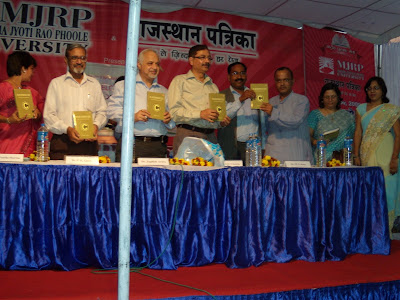

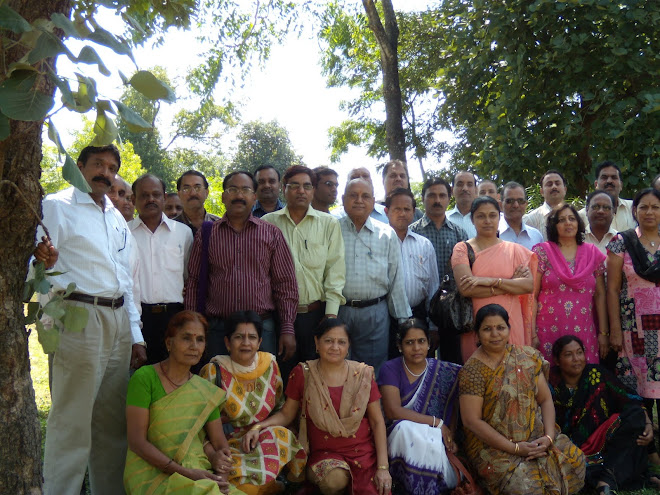
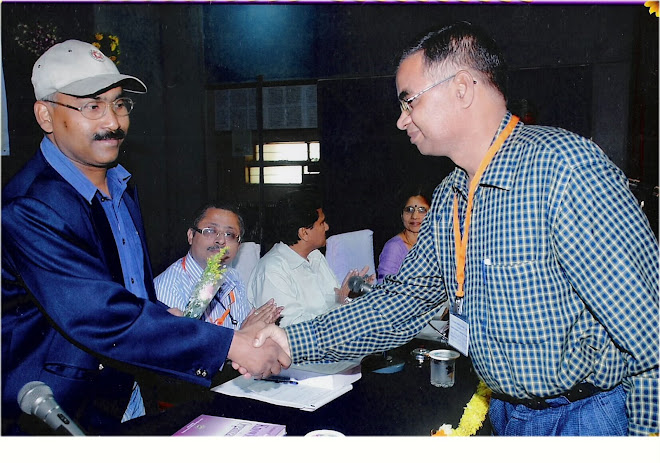
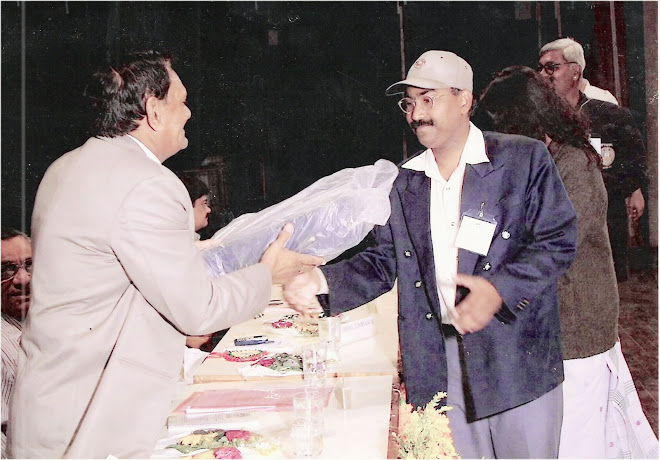
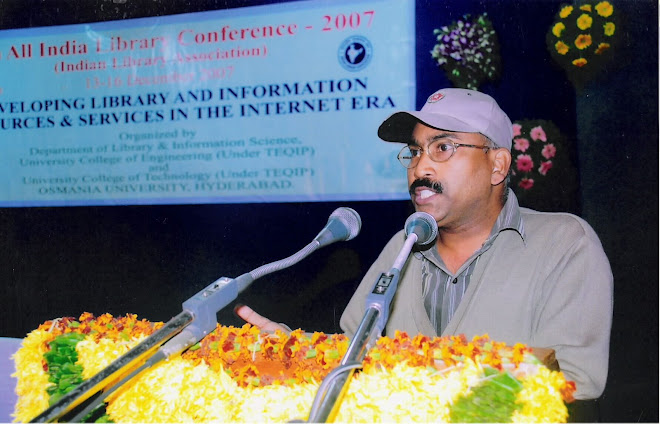
,Raporteuring.jpg)